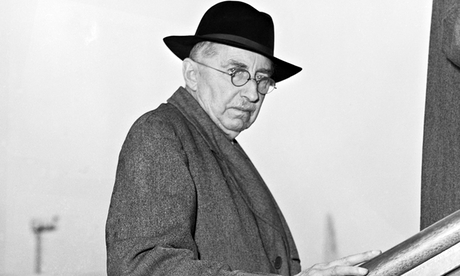
In the dedication to A Passage to India, EM Forster pays tribute to his long friendship with Syed Ross Masood, a man to whom, writing his obituary years later, Forster acknowledged an "incalculable" debt. Damon Galgut's fictionalised biography of Forster explores his complex, often agonised relationship with the grandiloquent and debonair Masood, and the India into which he drew Forster: the east offers tantalising promises of sensual fulfilment for the self-styled "minorite".However, Forster's liaisons reveal how the long shadow of colonialism reaches into the most intimate contexts, warping desire with the bitter dynamics of racial power.
Arctic Summer draws on Forster's writings to conduct a bold, imaginative exploration of the novelist's inner life. Forster's "Indian novel" is a constant presence, and its themes and images are skilfully transposed into Galgut's portrait of its creator. But, like the Marabar caves of A Passage…, there is a loneliness at the heart of the book that echoes in the "immense whiteness" of its title. In this sense, Galgut's account is perhaps a compassionate act: describing for a more permissive time what, for his subject, could not be freely brought into the light.

